- Home
- About
- About SCMS
- Directors
- Artists
- Vera Beths
- Steven Dann
- Marc Destrubé
- James Dunham
- Mark Fewer
- Eric Hoeprich
- Christopher Krueger
- Myron Lutzke
- Marilyn McDonald
- Douglas McNabney
- Mitzi Meyerson
- Pedja Muzijevic
- Anca Nicolau
- Jacques Ogg
- Loretta O'Sullivan
- Lambert Orkis
- Paolo Pandolfo
- William Purvis
- Marc Schachman
- Jaap Schröder
- Andrew Schwartz
- William Sharp
- Ian Swensen
- Lucy van Dael
- Ensembles
- Concerts
- The Collection
- Recordings
- Education
- Donate
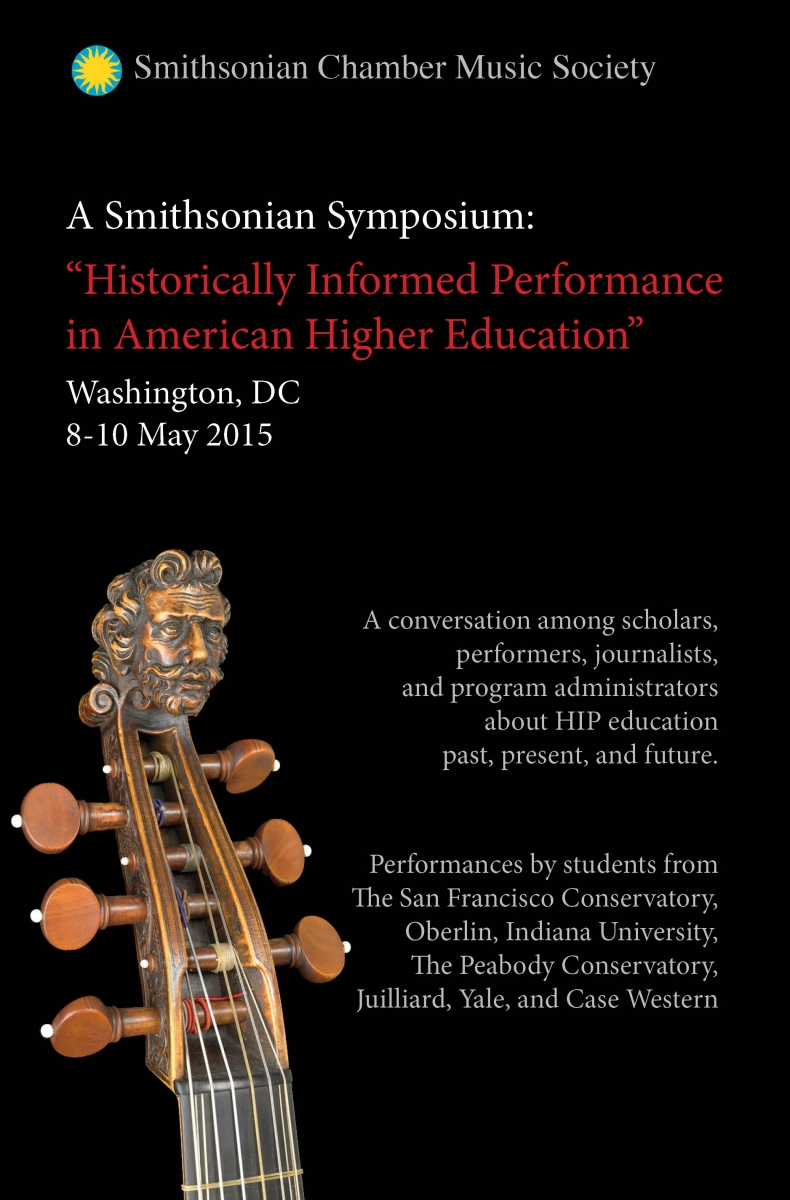
Free and open to the public, but registration is required (contact woodallj@si.edu);
Also available via live webcast: click the screen below at the time of the conference sessions (EDT) .
All Symposium events take place at the
National Museum of American History, Constitution Ave. at 14th St. NW, Washington, DC.
Organized by the Smithsonian’s Kenneth Slowik, the symposium will explore several topics germane to the teaching of historically informed performance practice (HIP) to collegiate and graduate students in the United States.
As an inspirational prelude to the symposium itself, on Thursday evening 7 May at 7:30, Benjamin Bagby, co-founder of the medieval ensemble Sequentia, will present his hour and one quarter long solo recitation of the first part of the great medieval Anglo-Saxon saga "Beowulf." Of this re-construction of the art of the bardic story-teller, the New York Times wrote: "Mr. Bagby comes as close to holding hundreds of people in a spell as ever a man has... That is much too rare an experience in theater."
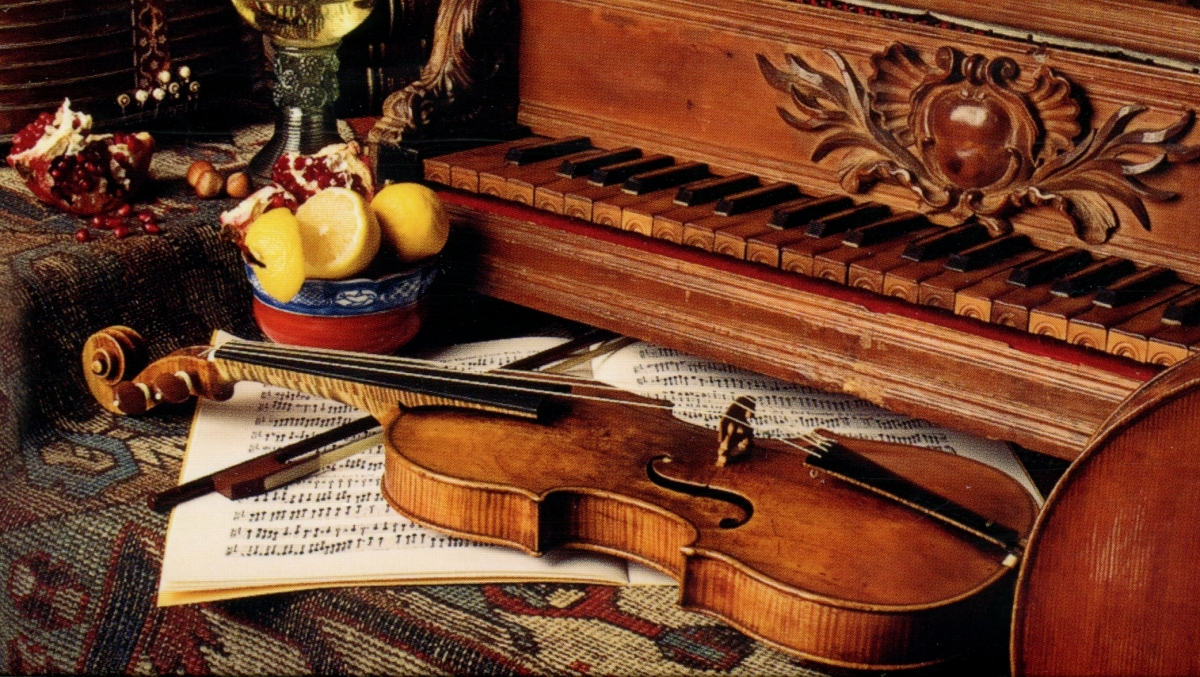
On Friday afternoon 8 May (2:00-3:30), a panel led by David Stull, President of the San Francisco Conservatory of Music, will examine the present state of HIP teaching in America and the perils and potentials of its future. Other panelists include:
• Fred Bronstein, Dean of the Peabody Institute
• Ross Duffin, Director of Historical Performance Practice Programs, Case Western Reserve University
• Andrea Kalyn, Dean of the Oberlin College Conservatory of Music
• Dana Marsh, Coordinator, Historical Performance Institute at Indiana University
• Benjamin Sosland, Administrative Director of Juilliard Historical Performance
Also on Friday afternoon (3:45-5:15), a roundtable will bring together several Fourth Estate observers of the impact HIP continues to have on American concert life. Chaired by Donald Rosenberg (editor of Early Music America’s EMAg, former music critic for The Plain Dealer [Cleveland], The Pittsburgh Press, and the Akron Beacon Journal, and four-term past president of the Music Critics Association of North America), the participants will include, among other music journalists:
• Heidi Waleson, The Wall Street Journal
• Anne Midgette, The Washington Post
• Tim Smith, The Baltimore Sun
• David Patrick Stearns, The Philadelphia Inquirer

Two musical highlights of the symposium will be the Friday and Saturday evening concerts (7:30), during which over forty undergraduate and graduate students from Yale, the Juilliard School, the Peabody Institute, Case Western Reserve University, the Oberlin College Conservatory of Music, Indiana University, and the San Francisco Conservatory of Music will perform a wide variety of works ranging from medieval chansons to Haydn string quartets, and including a French baroque chamber opera and an eight-piece Renaissance wind band.
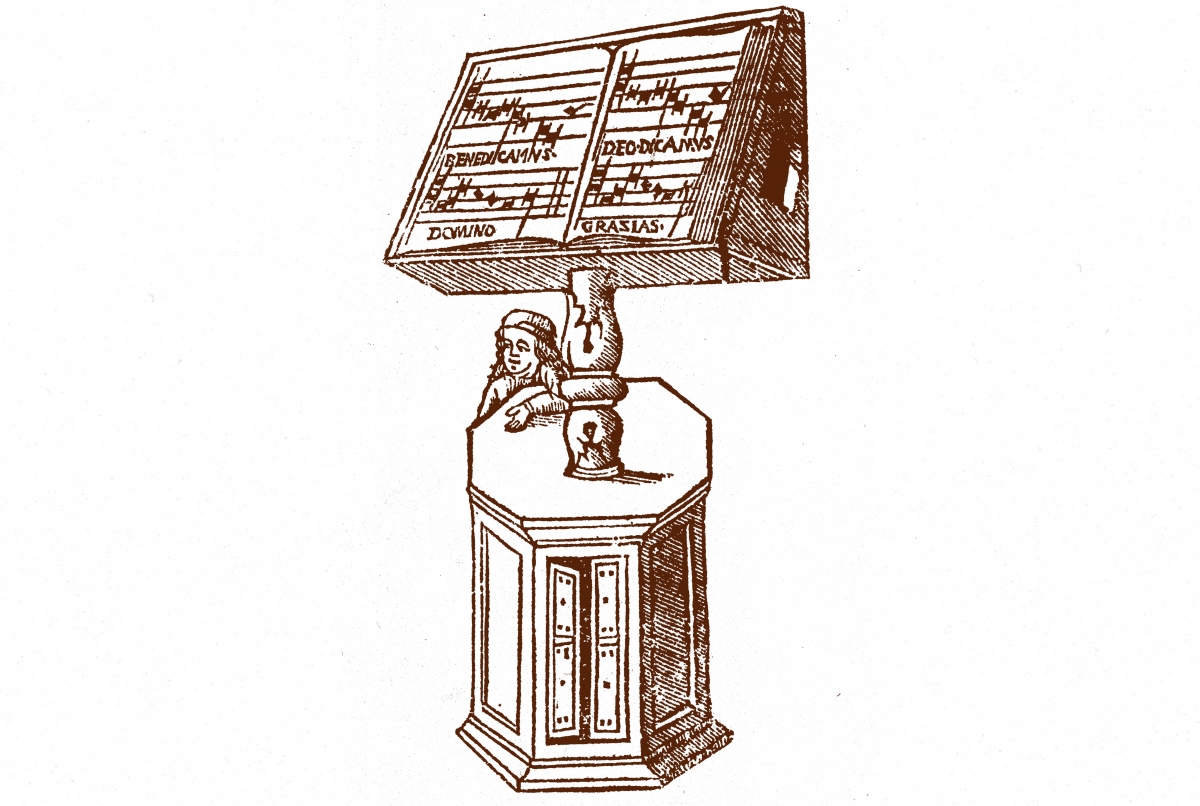
Harvard’s Thomas Forrest Kelly will lead the 9 May Saturday morning session (10:00-11:30 and 11:45 to 1:00), which will investigate the role of the historical imagination in the performance of medieval and renaissance music. He will be joined by performer/scholars:
• Benjamin Bagby: Sequentia, Université de Paris—Sorbonne
• Alexander Blachly: Pomerium, University of Notre Dame
• Susan Hellauer: Anonymous 4, CUNY Queens College
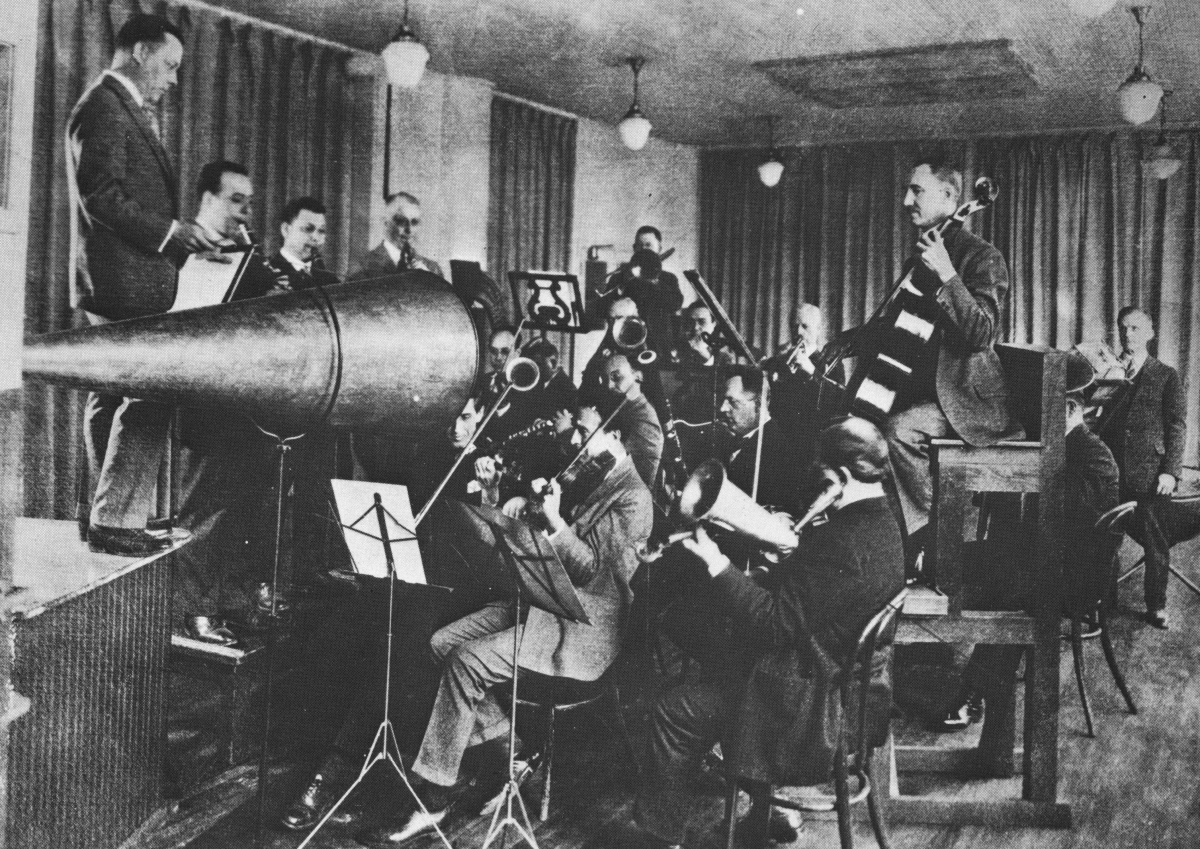
Saturday afternoon (2:00-3:30 and 3:45-5:15), Kenneth Slowik swings the focus to a consideration of the importance historically informed performance might have in teaching music of the later 19th and early 20th centuries. Colleagues who will participate in this discussion, which will draw heavily on the information conveyed in early recordings, are:
• George Barth: Stanford University
• Malcolm Bilson: Cornell University
• Amy Blier-Carruthers: Royal Academy of Music, London
• Corey Jamason: San Francisco Conservatory of Music
Assisting with a demonstration of how HIP can interact with music of Smetana will be the University of Maryland’s Excelsa Quartet.
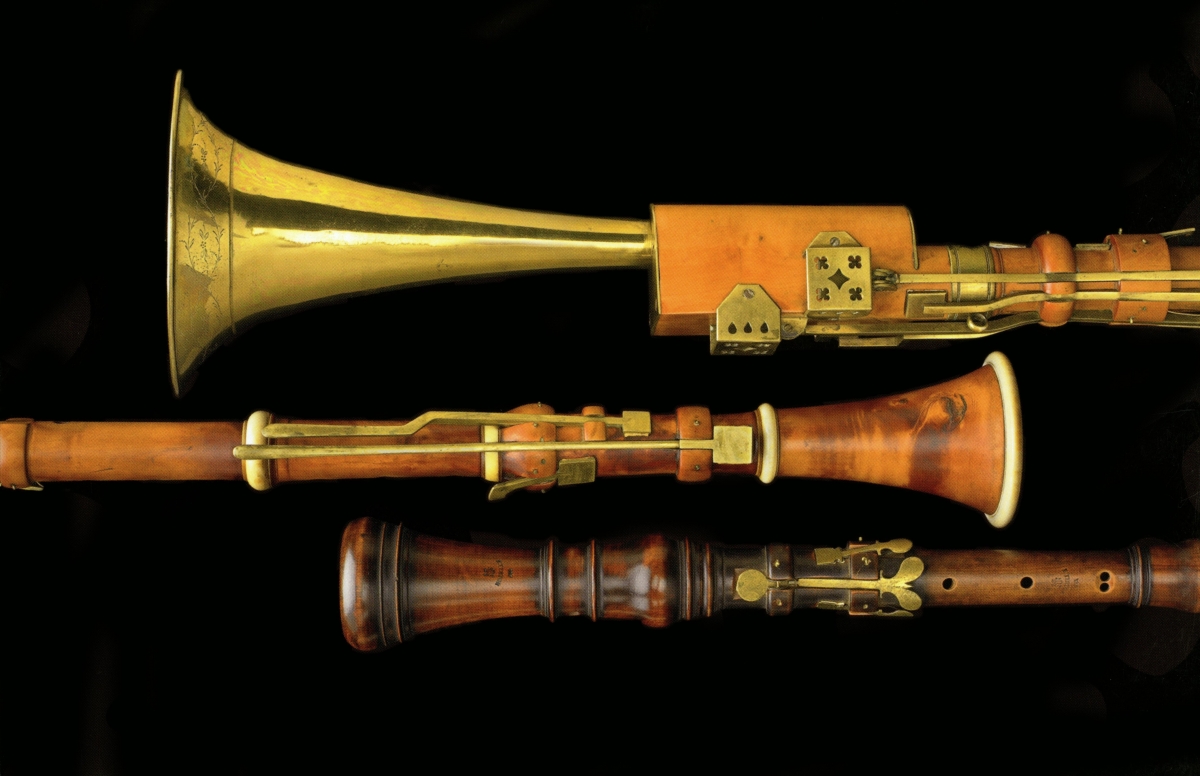
The first 10 May Sunday morning session (10:00 to 11:15) will feature Daniel Boomhower, Head of Reader Services at the Library of Congress, who will discuss the role of his LofC predecessor O. G. Sonneck in illuminating the culture of concert life in early America. A series of short papers on various HIP topics, presented by musicology students from a number of different schools, will follow.
The second Sunday morning session (11:30 to 12:30) will be a roundtable, moderated by Slowik, with Yale Collection of Musical Instruments director William Purvis, Library of Congress curator Carol Lynn Ward Bamford, and clarinet performer/scholar Eric Hoeprich of Indiana University and the Royal Conservatoire in The Hague. They will discuss how one might go about assembling the complement of wind instruments needed for HIP readings of Brahms or Mahler symphonies.
The symposium will end with closing remarks (at 12:30) by Princeton University's Wendy Heller, followed by a brief public discussion.
To register for all or part of the symposium please email Jane Woodall at woodallj@si.edu.
For further information about the symposium please contact Jaya Kaveeshwar at kaveeshwarj@si.edu.


